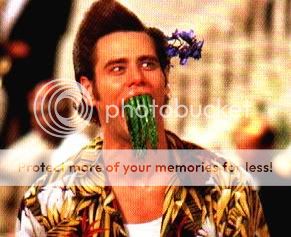- Joined
- Oct 16, 2003
- Messages
- 2,546
- Reaction score
- 564
Some tips for interview day:
1) Go to the school's website and read everything about everything about the school. The adcom wants people who want to come to their school.
2) Know what there is to know about Osteopathy more than it was founded by A.T. Still, M.D.. Go to www.osteopathic.org and take note.
3) Be honest. The purpose of the interview is to ensure that you are a person who is right for their school.
4) Body language is important. Practice doing an interview. If your Pre-Health Professions office offers it, use it. If they do not offer it, find out if career services can help you out. If not, see if a librarian or someone can be the interviewer and video tape yourself. Then watch the interview and make notes as to what you did or did not do. Both positive and negative.
5) DO NOT TALK ABOUT ANOTHER PROGRAM.
6) Think about WHY do you want to go to that program, what is it about them that makes you want to go there.
7) Ask questions. If you do not have any questions for the interviewer then you did not prepare enough. There is no way you cannot have any questions.
Good luck and relax. The interview will make or break you.
1) Go to the school's website and read everything about everything about the school. The adcom wants people who want to come to their school.
2) Know what there is to know about Osteopathy more than it was founded by A.T. Still, M.D.. Go to www.osteopathic.org and take note.
3) Be honest. The purpose of the interview is to ensure that you are a person who is right for their school.
4) Body language is important. Practice doing an interview. If your Pre-Health Professions office offers it, use it. If they do not offer it, find out if career services can help you out. If not, see if a librarian or someone can be the interviewer and video tape yourself. Then watch the interview and make notes as to what you did or did not do. Both positive and negative.
5) DO NOT TALK ABOUT ANOTHER PROGRAM.
6) Think about WHY do you want to go to that program, what is it about them that makes you want to go there.
7) Ask questions. If you do not have any questions for the interviewer then you did not prepare enough. There is no way you cannot have any questions.
Good luck and relax. The interview will make or break you.

